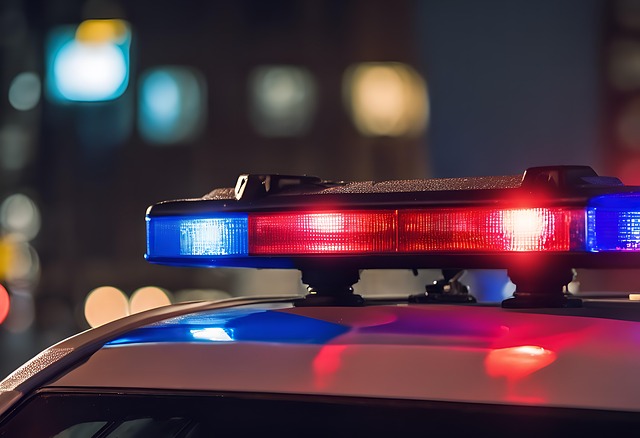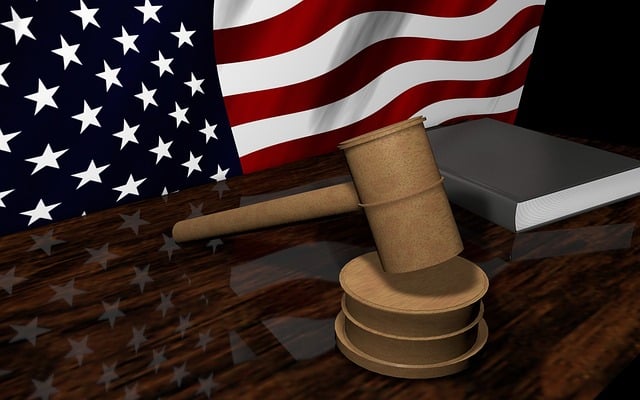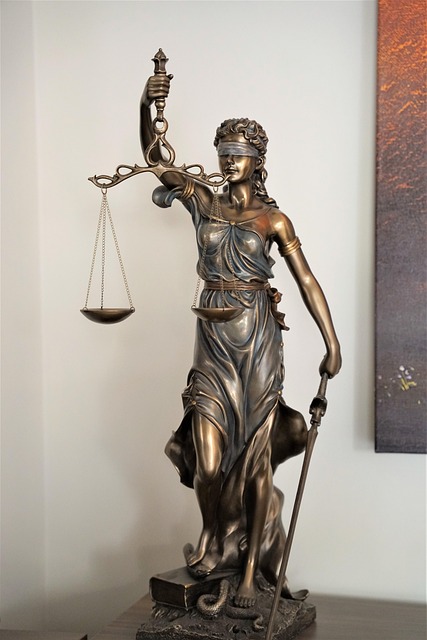Public corruption cases require stringent legal defenses to protect defendants' rights, ensuring fair trials and upholding justice. These trials, involving complex financial schemes, demand strategic navigation. Experienced attorneys challenge evidence, uncover inconsistencies, and present character defenses. Key tactics include leveraging exculpatory evidence, expert witnesses, and demonstrating a lack of corrupt intent. This comprehensive approach safeguards defendant rights and maintains public trust in the legal process.
“Public Corruption Charges: Navigating a Complex Legal Landscape”
In the realm of criminal justice, public corruption cases pose unique challenges. This article delves into the intricacies of understanding and defending against such charges, focusing on protecting defendant rights during trial. We explore definitions, legal frameworks, and fair trial principles while offering strategies for effective defense. By examining these aspects, individuals faced with public corruption allegations can navigate the complexities of their trials with a robust understanding of their rights and defenses.
- Understanding Public Corruption Charges: Definitions and Legal Framework
- Protecting Defendant Rights: The Role of Fair Trial Principles
- Strategies for Effective Defense: Navigating the Complexities of Public Corruption Trials
Understanding Public Corruption Charges: Definitions and Legal Framework

Public corruption charges encompass a range of illegal activities where public officials abuse their power for personal gain. These offenses can include bribery, fraud, and misuse of public funds. The legal framework surrounding these charges varies by jurisdiction but generally involves strict regulations and penalties to deter such misconduct. Understanding the nuances of these definitions is crucial for both prosecutors and defending attorneys.
Protecting the rights of defendants during trials is a cornerstone of any robust legal system. In the context of public corruption cases, this means ensuring that corporate and individual clients are afforded a fair and impartial process. A winning challenging defense verdict relies on meticulous preparation, thorough cross-examination of witnesses, and a comprehensive understanding of the applicable laws. General criminal defense strategies can be tailored to mitigate charges and achieve positive outcomes for those accused of public corruption.
Protecting Defendant Rights: The Role of Fair Trial Principles

Protecting defendant rights during a trial is paramount to ensuring justice and fairness. In any legal proceedings involving public corruption charges, it’s crucial that the rights of both the accused and the prosecution are upheld. This includes the right to a fair and impartial jury, access to legal counsel, and protection from self-incrimination. These principles form the bedrock of a just trial, ensuring that corporate and individual clients face charges with due process.
The presence of strong fair trial principles fosters trust in the justice system, especially within philanthropic and political communities. Jury trials, as a cornerstone of these principles, allow for public scrutiny and accountability. This balance ensures that while the prosecution presents its case, the defendant is also afforded the opportunity to defend themselves effectively, thereby maintaining the integrity of the legal process.
Strategies for Effective Defense: Navigating the Complexities of Public Corruption Trials

Navigating public corruption trials requires a meticulous strategy to protect the defendant’s rights and ensure a fair trial. These cases often involve complex legal landscapes, where intricate financial transactions and nuanced regulatory interpretations come into play. A robust defense strategy should focus on challenging the prosecution’s evidence, exposing any inconsistencies or gaps, and highlighting the client’s good faith efforts. Experienced white-collar defense attorneys are adept at utilizing general criminal defense tactics tailored to public corruption cases, delving into detailed financial records, and questioning witness credibility.
For his clients, success lies in thorough preparation, meticulous record-keeping, and proactive communication with legal counsel. By proactively addressing potential vulnerabilities and presenting a strong character defense, the defendant can mitigate the impact of corrupt acts imputed to him. Effective strategies may include leveraging exculpatory evidence, employing expert witnesses to explain complex financial matters, and demonstrating an absence of intent to commit fraud or corruption.
Public corruption charges present unique challenges, but a robust legal framework ensures that protecting defendant rights during trial remains paramount. By understanding the nuances of public corruption definitions and legal standards, while adhering to fair trial principles, defendants can navigate the complexities of these trials effectively. This approach not only guarantees a just process but also reinforces the integrity of our justice system.






